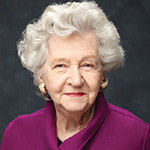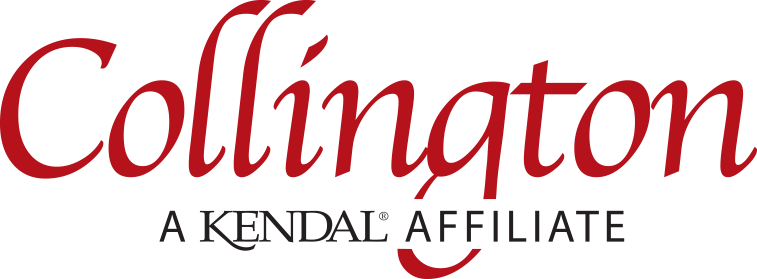October 15, 2019 — By Frances Kolarek —
By Frances Kolarek —
Vincent Dreary understands how hard it can be to shuck old habits and acquire new ones. “Change hurts,” he admits in his book How We Are.
But he reminds us that sometimes the ache is worth the change. Take exercise. If your life has been sedentary and exercise has not been a regular part of it, all the experts strongly recommend that you adopt an exercise program. And make a habit of it. Will starting to exercise at this late date make a difference? Paula Spahn on her blog “The New Old Age,” advises: “Among older adults, falls are a common cause of injury and disability. Physical activity makes your bones and muscles stronger. When your muscles are strong, you’re less likely to fall. If you do fall, strong bones are less likely to break.”
There is a whole literature about how to form a new habit. How long does it take? What’s a good method? How quickly can you expect results? There aren’t any hard and fast answers. It’s still a pseudo science.
I haul this antique body of mine to the gym for 20 or 25 minutes every afternoon to exercise on a NuStep. And following the advice of the people who know all about habits, if I miss a day I forgive myself. If I am diligent and go regularly for a whole week, I reward myself. I celebrate. These techniques are useful when forming a new habit. How about failure? Well, that’s what you learn by.
Then there are those stereotypes of “geezers” looking frantically for eyeglasses pushed up above their foreheads. And keys. Make it a habit to always put the keys down in one place and one place only — right inside the door, if possible. Walk through the door, put the keys down in their designated spot. That not a habit hard to form. And the reward? No more frantic searches.
Many of my friends here at Collington have the word puzzle habit, crossword or acrostic, and we celebrate success together and learn together over failures. It’s good brain exercise and it forms social ties.
For those whom I consider the unfortunate who live their aging lives in solitary splendor in an apartment building in a big city, a word: Get out. Come to the cabaret. Mix. Socialize. It’s important, truly important, to successful, happy aging.
My friends tend to be easily depressed when a word evades them or a name we know as well our own simply will not come to our lips. Today our brains are overcrowded with information. TMI (too much information) is the curse of our technological age. A delay does not presage impending dementia. It’s a signal that we need to give our brains some leeway.
Develop a new habit. Give your brain a little time. Scientists from Tübingen University in Germany believe the human brain works slower in old age as it has to process a lifetime of stored-up information to recall simple facts. They say their research proves that instead of being weak, older brains are in fact more powerful.
So relax. Don’t expect to leap from one subject to another with the agility we once enjoyed. When the subject suddenly changes give yourself some time to switch.
The hi-tech crowd worries about those among the us who don’t have the computer habit. They’d like everybody to be hooked. But among the very old, they are fighting a losing battle. Techies fret about what will happen when the yellow pages become extinct and you’ll need a computer to find a friend’s phone number. Let’s just hope we can always dial 411 for that information.
——————————
Let me know what you think. Drop me a line at CollBlog2@gmail.com.
